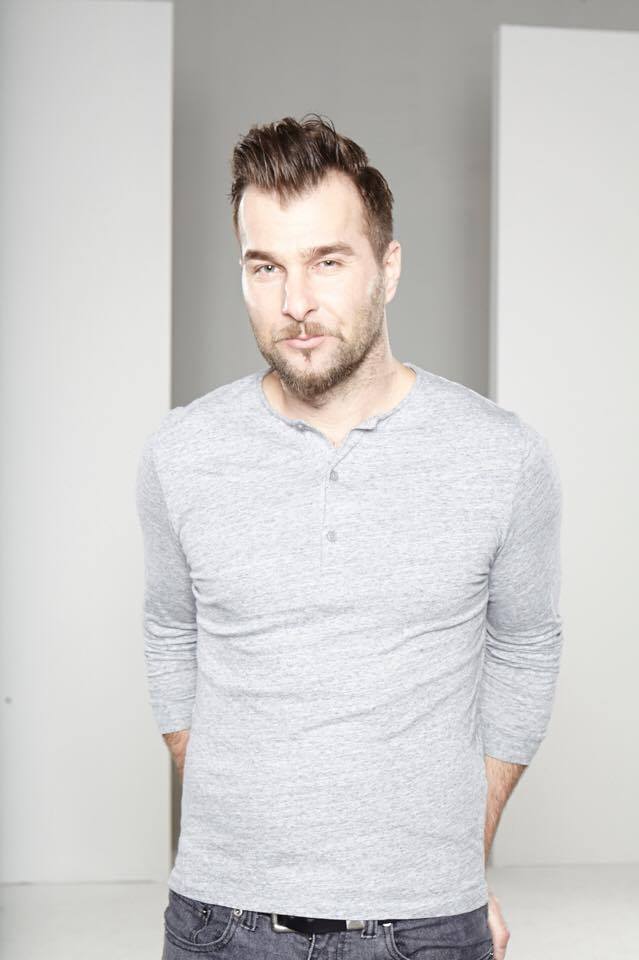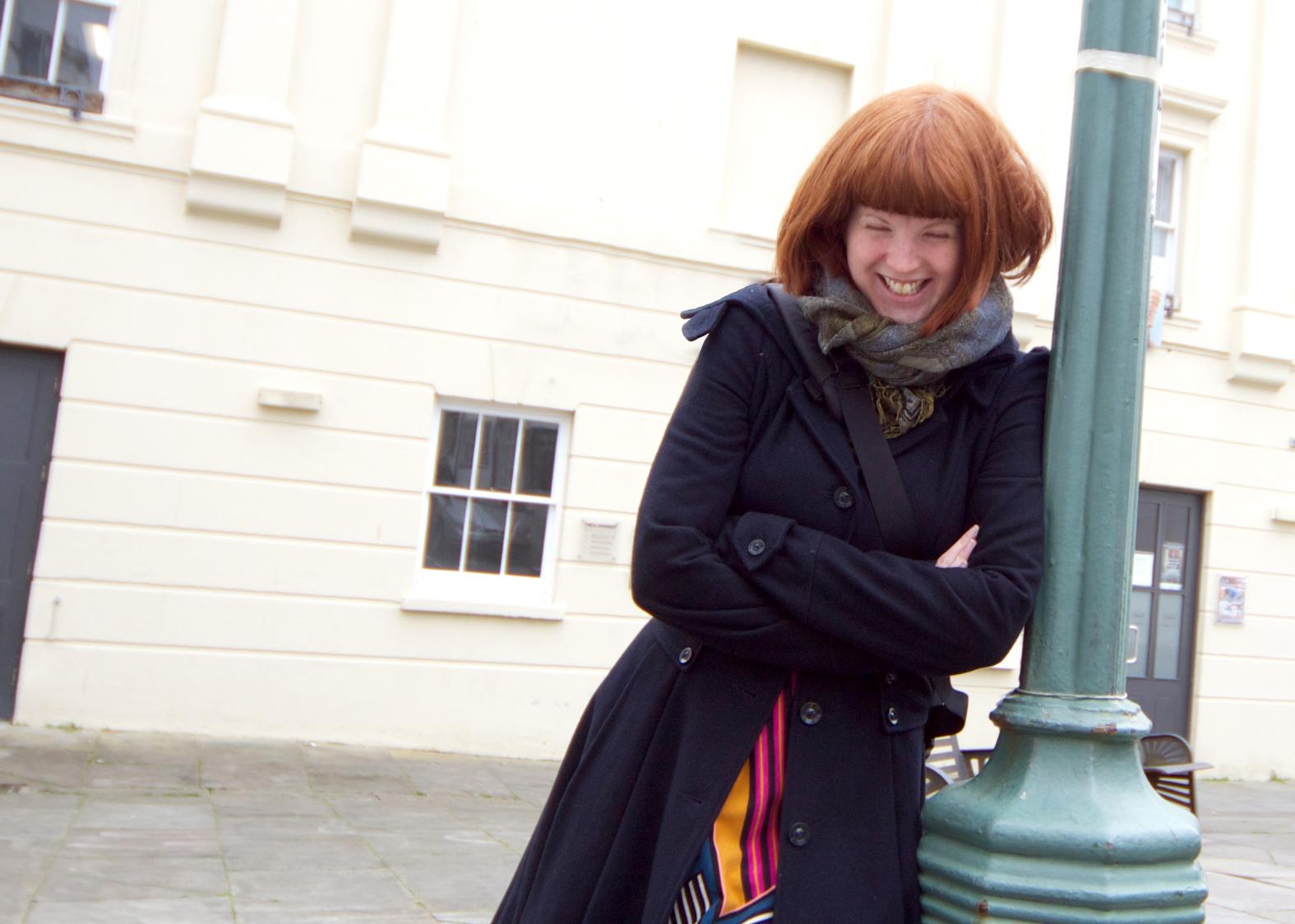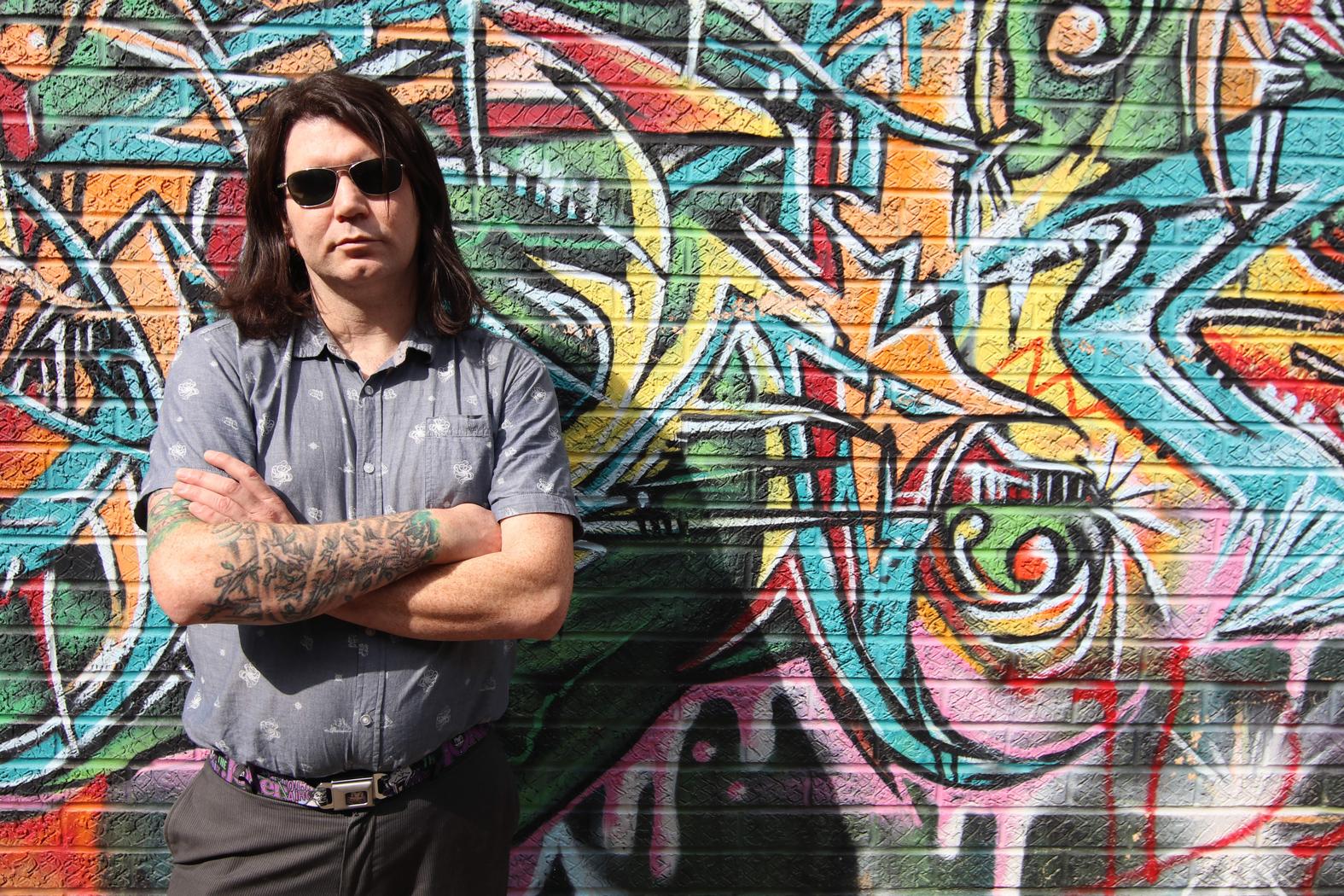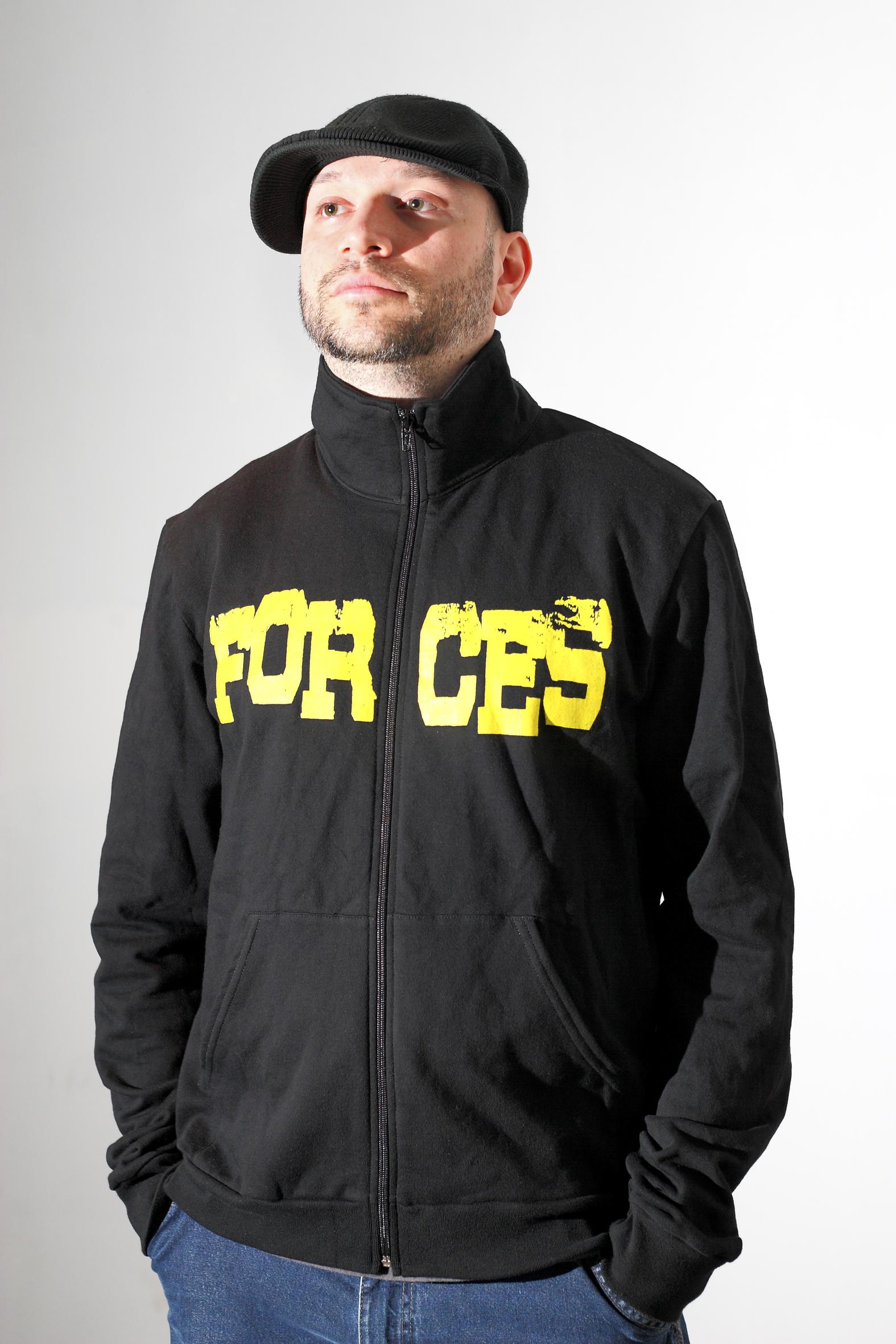Turn on, tune in, drop out. Ain’t got no funk if you ain’t got no junk. Free up the weed. Countless musical and social upheavals of the 20th century were inextricably intertwined with their devotion to mind-altering substances. Except for one: straight Edge, a fringe phenomenon of the punk scene spawned in the early 80s as a reaction to out-of-control cocaine and heroin abuse. When self-indulgent benders and fatal overdoses seemed to be stripping the scene of its philosophical credibility, as well as killing off its members, many responded in what they saw as the most subversive way possible: by swearing off all drugs and alcohol for life. Many went even further by going all-out vegan and celibate.
If doing drugs and getting drunk had become normal, real punks would want to be anything but normal. The band Minor Threat coined the flagship label with their 1981 song “Straight Edge,” and the movement took off from there. Devotees were often easily spotted by the giant black X tattoos on the back of each hand (co-opted from the marks bouncers would ink with Sharpies onto the mitts of underage club goers). Like many scenes, this one fizzled out by the early 2000s. By most accounts of people I spoke with, the majority of the original punk sXers dropped out in their 30s—but a committed handful are still sober. Here’s what keeps them going.
Gregg Davis (aka xG-MONEYx) , 44, Brampton, Ontario, Canada
Drummer in punk, metal and bands such as Forces and Twinfold
Straight edge: 28 years
I’ve never done drugs at all, and the last time I had a beer, I split just one with a friend in 1989. I was still in high school, the age when you might nab cigarette butts off the floor or have sips of your uncle’s beer. I wasn’t a smoker or a drinker, but because I had long hair and was into metal, other kids assumed I was into drugs. When I had a nosebleed in band class, everyone thought I was on cocaine. It was bothersome to think I did those things. Going to parties, seeing what everybody doing, I decided that by not doing that I could show society that I don’t need to drink or smoke or do drugs to have a good time. I was ultimately being rebellious—if being a hippy, smoking dope, and getting high is rebellious, then I was going to be an even bigger rebel by rebelling against the rebels. I was also inspired by people in the world of hip hop, guys like Chuck D, Public Enemy who wanted to get the black community back on its feet not by smoking and drinking – the Nation of Islam’s philosophy. I was really taken by that, so I thought, why not just be even more different—fuck it.”
Kyle Bishop, 45, Hamilton, Ontario, Canada

A “failed musician, now a professional hole digger, and servant to rich people.”
Straight edge: 27 years.
I started smoking hash in grade five, which led to shrooms, LSD, huffing pam, and drinking whatever booze I could get my hands on. At that time the only thing that mattered was heavy metal and getting wasted. A few years later when skateboarding, punk, and hardcore infiltrated my life, things changed. Then, an over the top batch of LSD sent me into the worst trip ever when I was 18, and my drug use ended.
I firmly decided to start approaching my life differently in terms of substances months before I was legally able to drink. I didn’t ditch drugs for philosophical reasons—I think that ‘straight edge’ as an ethos is quite stupid. ‘Straight edgers’ are not better people; they can still be assholes. They just can’t make excuses by hiding behind substances.
I realized that partying was not a form of defiance. The subversive nature of the culture was attractive, and its ability to shed my youthful preconceptions was welcoming. Today if I was to get drunk or high I’d be unbearable. Luckily I have zero interest and would rather spend my money on books, records, guitars, and cars—something creative, not destructive. But if I had a terminal illness, would I take hard drugs if it would help? Sure. If they offered to make me a cryogenic popsicle made from liquid meth and I had to wear heroin soaked tube socks in order to live for thousands of years, I’d be down.
Patrick Coleman, 35, Chicago

Freelance creative director & motion designer
Straight edge: 22 years
In junior high, I tried drinking a couple of times, got drunkish but not shit-faced, and smoked cigarettes regularly. But after eighth grade, when I heard of straight edge for the first time, I immediately felt: that’s me. For real straight edgers, it wasn’t a passing thing, it was a lifelong commitment. I felt confident that I could do that—because of my childhood health problems, I didn’t want to mess around with this stuff. Plus I’ve always had a rebellious streak, and in some ways straight edge is a really rebellious thing. My first-ever tattoo, when I was 17, was the straight edge one. I went for a while cutting out chocolate and Coke to avoid the caffeine, and I was vegetarian to avoid the hormones. But then I realized I didn’t need to be that strict.
I think straight edge is more about who you are and what you want to identify as than just describing somebody that doesn’t drink. I’m still straight edge off booze and drugs—I’ve been so for so long, it’s just what is ‘normal’. But in terms of the people I hang out with, I don’t discriminate; my wife, for example, isn’t straight edge. I just live and let live, I’m not going to hall-monitor anyone. I used to have more friends in the straight edge world—mostly in the music world—but of all my friends who were once straight edge, probably only 25 percent still are.
Emma Charleston, 29, Manchester, England

Graphic designer & illlustrator
Straight edge: Her “whole life”
When my friends started drinking at around 14, all I saw was terrible things happening to them—kissing people they regretted, getting into stupid arguments, breaking stuff, throwing up. The bits that they seemed to think were fun—losing inhibitions, being ‘drunk’—just looked like no fun at all. I figured I’d wait it out till everyone could handle it a bit better and then maybe join in, but that day literally never came. Alcohol just seems to cause so many problems and not really offer anything worthwhile.
Another key point is that it tastes really foul to me. Ultimately, I really value being in control of myself, and the idea of losing that control through chemical means seems pretty nightmarish. I’ve never even been the tiniest bit tempted. I feel like I’ve lived it enough vicariously through the stories and anecdotes of friends. But I never specifically identified as ‘straight edge’ because, being only 15 or 16, I recognized that I didn’t have the knowledge or understanding of the history or political implications behind that scene to want to pin that badge on myself.
I do specifically remember pondering whether I should put ‘StraightXEdge’ under my name on my MySpace profile, and deciding against it. Also, it was a very male dominated scene, and as a slightly pudgy ginger girl in North Wales I didn’t necessarily feel that I could align myself with all these wiry, skinny tattooed men ten years older than me in metal bands.
Aron Bow, “Old enough to know better, too young to care,” Saskatoon, Canada

Operations Coordinator with “a charity that helps refugees and asylum seekers in Canada”
Straight edge: His whole life because he “was born this way”
Growing up I saw the dark side of addiction, so I never saw it as glamorous or romantic—both my parents are alcoholics, and as soon as I heard it was hereditary I didn’t even want to experiment. It was ugly, stark, and disgusting. I vowed at a young age never to be like my parents, as they were two people I despised. I figured the best way to achieve this would be to do the opposite of what they were. Rebelling against my parents was sobriety.
Unlike other kids that may have felt rebellious getting fucked up, I just felt like, my parents do that and they are in no way cool. I wasn’t fond of most the people I grew up around so I didn’t care what they thought of me and so that made peer pressure extremely ineffective. I had an aunt that would babysit me and she got me into my healthy addiction and that was music.
I have been sober my whole life—zero interest in getting intoxicated. I also saw people around me sell their records, boards, and guitars just to buy drugs. I found more value in those three things so it was just another reason to not participate. I have heard where people say that alcohol and drugs help one to mature, but I don’t know about that. Guess it depends on the person. I think people just mature because they mature. Just like how some people feel they need to take drugs to be creative. You’re either creative or you’re not. Drugs won’t help with that.
